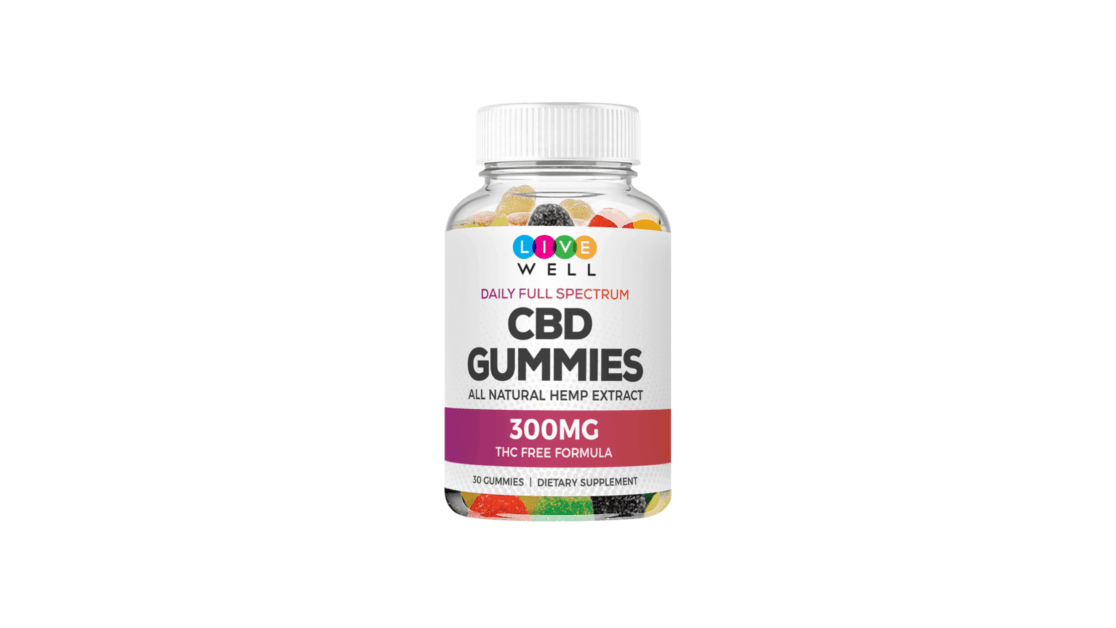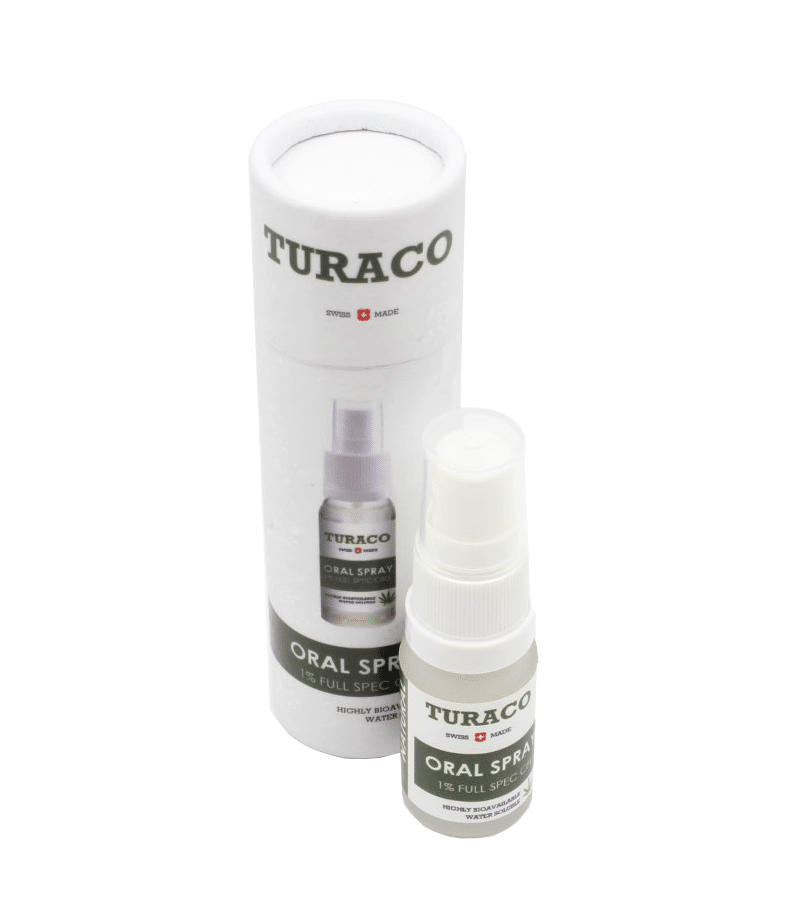
The benefits of hemp milk are numerous, including the reduction of heart disease risk and improved skin health. In addition, it is a vegan-friendly alternative to cow's milk and is high in essential fatty acids. Hemp seeds are also a source of protein, fiber and vitamins A, C, D, E and K.
Hemp, a plant that uses little water, is often used to make ropes, textiles and other building materials. It is a great plant source for the increasingly popular plant-based products like milk.
It is rich in calcium, magnesium and potassium, which are all important nutrients for the health of bones. It also has more iron than cow's milk and is rich in omega-3 fatty acids.
The best hemp milk is made from hulled hemp seeds and water, though commercial brands may contain thickeners and sweeteners. This is a great way to replace the cream in your coffee, cereal or smoothies.

Hemp milk is a dairy-free, nutritious alternative. It is low in calories and has no cholesterol. Hemp milk is suitable for those who are lactose-intolerant or vegan as it is free from soy and gluten.
Hemp is high in dietary fibre. Studies have shown it to be effective at lowering blood sugar levels for people with type-2 diabetes. It can also help regulate blood cholesterol, reducing the risk for heart disease.
It is also a good source of B vitamins, including niacin and riboflavin. Hemp contains the amino-acid arginine which helps to relax blood vessels, and maintain a healthy blood pressure.
The linoleic fatty acid, a type that is rich in omega-3 fats, can also help to reduce inflammation. It also helps to boost the immune system and heal wounds.
Hemp milk that is sold in commercial quantities may be fortified. Vitamin B12 is important for preventing neurological disorders like pins and numbness.

You can use hemp milk in place of soy or dairy in many recipes. For example, you can substitute it for cheese sauces and macaroni and cheese. Hemp milk can also be used by people with allergies to nuts or soy.
It contains a high amount of zinc as well as iodine. Iodine is vital for thyroid functions. It is also an excellent source of potassium which helps regulate heartbeats and balance fluids.
You can make your own hemp milk at home by simply blending hulled hemp seeds and water in a blender. It's simple to make, and you will enjoy the healthy drink.
Hemp milk can be a good vegan alternative for cow's milk. It has fewer calories and contains more fatty oils than other plant-based options. The low sugar content is a bonus for anyone looking to cut down on sugar.
FAQ
Is CBD growing?
The answer is yes This growth is expected to continue as legalization expands across North America. Canada, which legalized recreational cannabis, has passed several medical marijuana laws.
This trend will likely continue for at least another decade as more states pass legislation allowing access to medicinal marijuana.
From an economic standpoint, legalizing marijuana is also sensible. Legalizing pot offers many benefits beyond providing a lucrative market alternative for farmers.
It could, for example, help lower crime rates by decreasing the availability of illegal drug. It could also be a source for tax revenue.
People will likely choose to consume less alcohol as they become more comfortable with legal marijuana. This would reduce the likelihood of having hangovers. It also means lower healthcare costs.
People with chronic pain may also find marijuana to improve their quality life. Many believe that the active ingredient in marijuana, THC, helps relieve symptoms such as muscle spasms and nausea caused by chemotherapy.
A lot of people believe that marijuana is a good option for treating anxiety and depression. Some studies have shown that marijuana can treat schizophrenia.
The CBD industry is on the rise, and there are many obstacles in its path.
How can CBD products sold in a legally compliant manner by companies?
The FDA does not regulate hemp as an agricultural commodity. The Controlled Substances Act regulates all cannabis derivatives, including marijuana. There are currently no regulations regarding CBD.
CBD is legal in 29 states. However, federal law still considers CBD illegal. This uncertainty creates uncertainty for CBD product sellers.
The FDA also sets strict guidelines about how CBD products are promoted. The FDA requires that all CBD products clearly disclose their THC content. Companies cannot claim CBD is effective in treating certain medical conditions without supporting evidence.
Additionally, the FDA requires manufacturers submit information about manufacturing practices and quality control. They require companies to carry out clinical trials to prove safety or efficacy.
These factors are crucial for companies to consider when developing their marketing strategies.
Is there any evidence that CBD helps with anxiety?
CBD oil works well to reduce anxiety. This is because it interacts directly with CB1 or CB2 brain receptors. The endocannabinoid system regulates mood and stress responses.
CB1 receptor activation occurs when our bodies feel anxious. This receptor activates and sends signals to amygdala which is responsible for emotional processing.
When the CB1 receptor blockage occurs, the amygdala is unable to receive the signal necessary for processing emotions. CBD users experience less negative emotions.
2017 research showed that CBD has been shown to reduce anxiety in those suffering from socialphobia. Another study concluded that CBD had a positive effect on symptoms of PTSD.
A 2018 review concluded CBD has anxiolytic potential and could be used to treat generalized anxiety disorder.
Another study concluded that CBD may help with panic attacks.
However, several studies have shown that CBD actually increases anxiety levels in mice.
Researchers believe this discrepancy in animal data and human data could be due to differences between humans and dogs' responses to CBD.
There are no long-term safety studies available for CBD. However, most experts agree that CBD is safe when used as directed.
Can I use CBD during pregnancy?
There isn’t enough research available to confirm that CBD is safe to be used during pregnancy.
But based on the limited amount of information available, it appears unlikely that CBD would cause harm to the baby.
Pregnant women should not take CBD unless their doctor has recommended it.
The Food and Drug Administration published a warning about potential health risks when CBD is taken while pregnant.
According to the FDA, "there is some evidence that cannabis use during pregnancy may increase the risk of miscarriage."
According to the agency, more research is necessary before a firm conclusion can been drawn.
Is the CBD market saturated?
CBD is growing at a rate of more than 25% per year. This growth is expected continue for at most five more years. According to industry projections, it will grow from $2 billion to $5 billion by 2020.
Two companies currently dominate the CBD market - GW Pharmaceuticals & Canndoc Ltd. Both companies are focused in developing pharmaceutical-grade products. However, they have not been very successful thus far. Both are struggling in the marketplace to gain traction.
Cannabidiol or CBD is a form of cannabis extract with less than 0.3% HHC. It does not cause any psychoactive effects. It can be used to treat epilepsy, and other medical conditions. It is also commonly used as a dietary supplement.
There are many varieties of CBD products. Some CBD products are made from whole plant extracts while others contain CBD.
These products all share one thing in common: low levels are THC.
These products are legal under US federal law. This doesn't mean you shouldn't follow local laws when selling CBD-related products. You should always check with your state's regulations regarding the sales of CBD products.
Additionally, CBD products in some states are illegal. These are California, Colorado. Florida. Mississippi. Missouri. New York. North Carolina. Ohio. Oklahoma. Oregon. Rhode Island. South Dakota. Texas. Utah. Virginia. Washington.
CBD products are not recommended for people who live in these states.
What are some common blunders that companies make when they venture into the US cannabinoid markets?
The first mistake is not understanding what the regulations are for cannabis products. This could mean that you may have to change your product formulation.
A second error is not properly labeling your product. It is essential to find out if your product contains either THC or CBD.
Thirdly, you should understand how to package your product correctly. If your product contains THC, you need to ensure it is packed in child-resistant containers.
If your product does NOT contain THC you should still adhere to all packaging laws. There is a lot of states where cannabidiol, or CBD (CBD), is legal.
Keep track of any recalls regarding your products. Customers should be notified as soon as possible if there are any issues with their product.
Statistics
- The use of these products is likely to become even more widespread if the World Health Organization's recommendation that CBD no longer is scheduled in the international drug control conventions is adopted by the United Nations member states [201]. (ncbi.nlm.nih.gov)
- CBD seems unlikely to directly influence sleep in healthy humans [115] (and maybe “sleep-promoting” in those with certain comorbid conditions) (ncbi.nlm.nih.gov)
- While the primary injury may not be treatable, interventions that attenuate secondary sequelae are likely to be of benefit [203].Only one study (ncbi.nlm.nih.gov)
- HR −16 mmHg; 95% CI −26, −6; I2 = 92%) (ncbi.nlm.nih.gov)
- As a substance that was federally illegal before the passage of the 2018 Farm Bill, hemp-derived cannabinoids with no more than 0.3% THC still face a regulatory grey area. (forbes.com)
External Links
How To
How to promote CBD on social networks
Promote your product through Social Media channels like Facebook, Twitter, Instagram, Pinterest, etc.
Social Media Marketing (SMM), is one of today's most powerful marketing tools. It allows you to connect with customers and prospects at scale without ever having to pick up the phone or send out a mass email! Only your creativity will keep you from reaching your potential. So what do YOU think would work best for YOUR business?
CBD is a Cannabis Sativa extract that has medicinal benefits. Although there are many different types of CBD products, the two main forms are isolate and full spectrum. Isolate is made with pure CBD oil from the hemp plant. Full spectrum means that the cannabinoids come from the entire plant.
Full Spectrum CBD oils are extracted from whole hemp plants. They contain some THC making this type of CBD oil legal in certain countries. However, if you live in a state where medical marijuana use is illegal, then you cannot get CBD oil with THC because it's classified as a Schedule I drug. Hemp plants are low in THC but have enough THC for them to be illegal.
Facebook could be a good place to advertise if you are selling CBD products online. But you probably wouldn't want to advertise on Pinterest or YouTube because those platforms aren't always good choices for promoting CBD. You need to pick the platform that is most appropriate for your audience. Medium could be a platform you consider if your goal is to reach people who prefer to read articles over videos.
Your goal should be to attract new customers to your website, and to convert them into paying customers. This process involves getting attention and engagement from potential consumers. To achieve this, you must provide value first. They will trust you once they find value in your content. They will trust you and become your lead when they do.
The sections that follow describe how to create and manage advertising campaigns on Facebook.
Facebook Advertising Setup
Create an Ad Account
To create an ad account, follow these steps:
-
Click "Create a New Campaign."
-
For your campaign, enter a name.
-
Select a location for your ads.
-
Choose whether or not to target specific locations.
-
Set your budget.
-
Check the box next to "Advertising Manager."
-
Click "Next Step."
-
Scroll down and select the page layout for your ads.
-
Click the button "Add Tags" to add tags for your campaign.
-
Click "Save and Continue."
-
Follow these instructions to fill out all fields.
-
Click Continue to proceed.
-
Fill out the information requested.
-
Continue
-
Check the information and then click on Confirm.
-
Your account has now been created.
You can now add keywords to the ad account.
Targeting Options
Facebook offers four options to target ads, as mentioned above.
Location-Based Targeting:
You can target users based on their location using either city, postal code, region, country, or continent. You can target anyone who lives within 100 miles from Seattle, Washington.
Demographic Targeting:
You have the option of targeting people based upon their age, gender or relationship status.
Interest-Based Targeting:
Targeting people can also be done based on their interest in your product. If someone enjoys hiking, you can target them with your product.
Behavioral Targeting
This is similar to interest-based targeting, except instead of targeting people based on their interests, you are targeting people based on what actions they take. For example, you could target people who clicked on your link and visited your website.
Keywords
Keywords are a key part of any Facebook marketing strategy. They are used to place your ads on Facebook. You will be asked to input a list keywords when creating an ad account. The size of the ad account will dictate how many keywords can you include.
Keyword Suggestions Tool
When entering keywords, it may be helpful to use the keyword suggestion tool at the screen's bottom right-hand side. You can search for keywords that are similar to your current selection.
Keyword Suggestions
Once you have entered your keywords, the suggestions that appear will vary depending on which type of targeting you selected. You'll see different suggestions depending on the type of targeting.
Follow the prompts to publish your first ad.